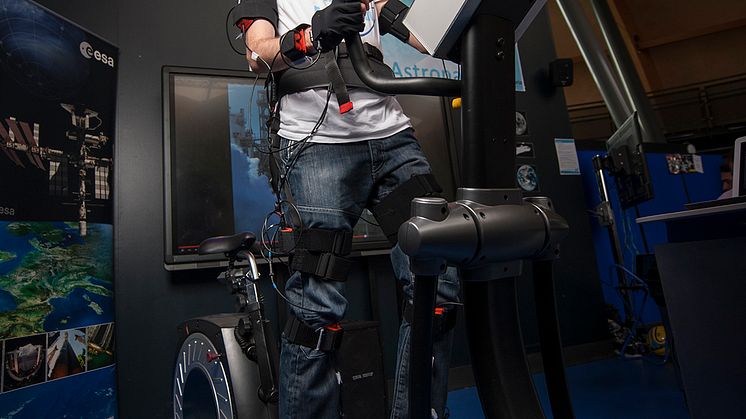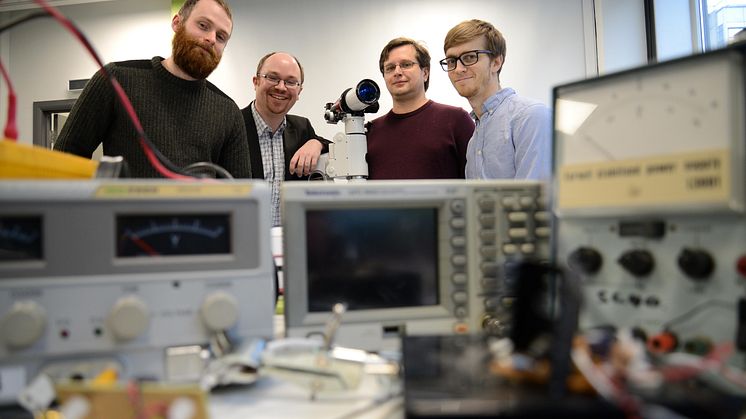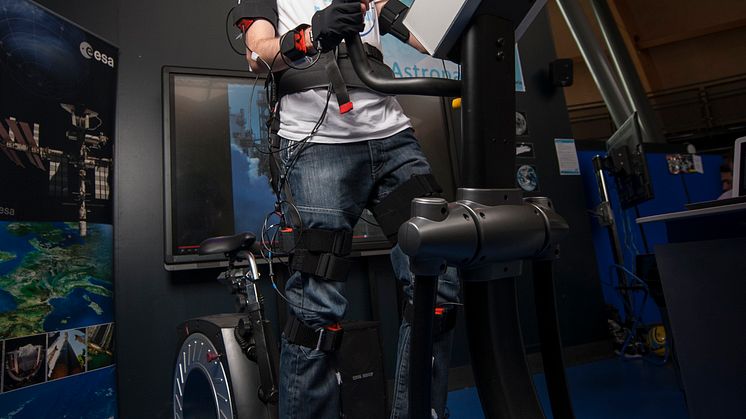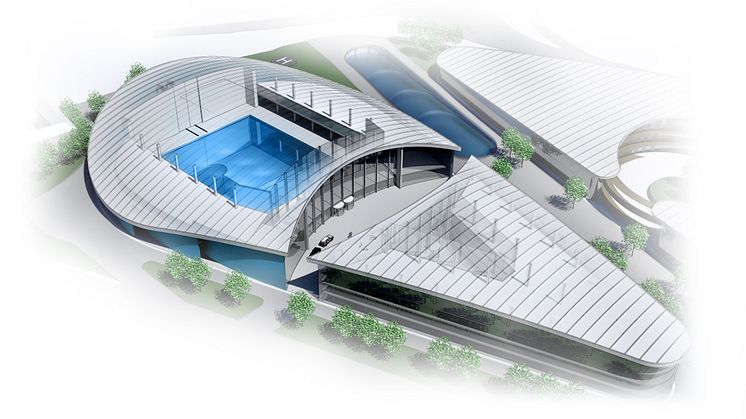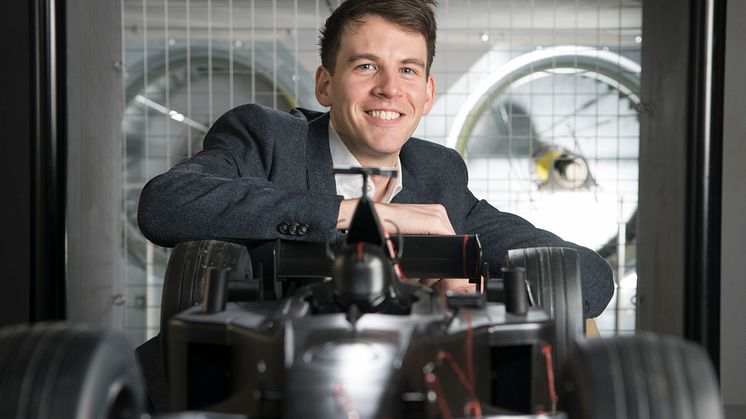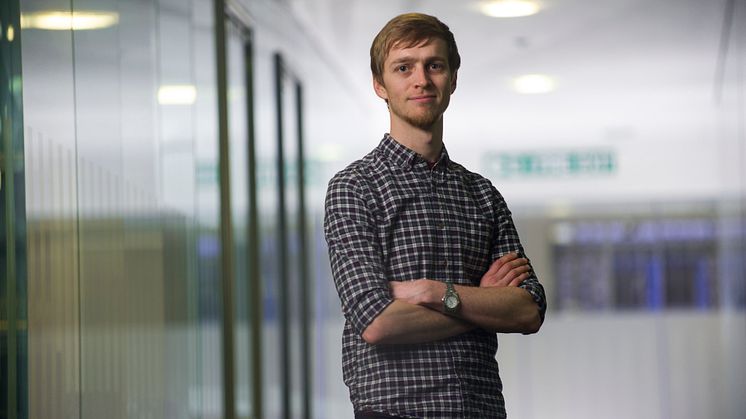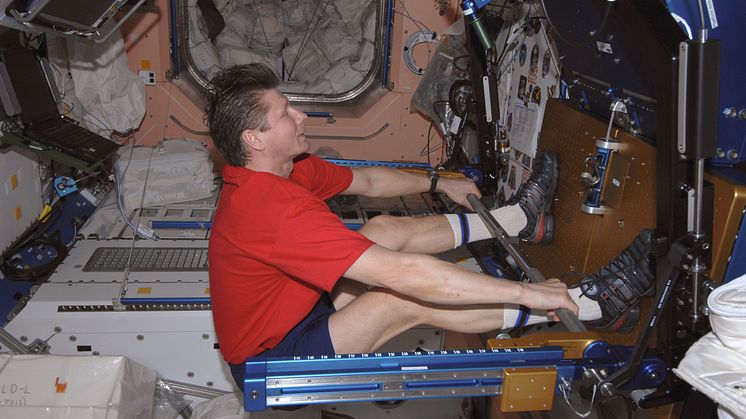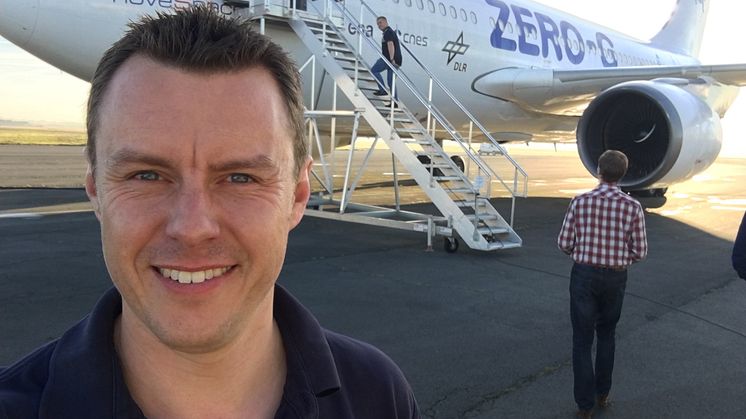
Press release -
‘Lift Off’ for Northumbria University researchers!
Northumbria University researchers will soon take to the sky as part of a partial gravity flight campaign that will determine how space travel affects astronauts’ spinal muscles.
Professor Nick Caplan is leading the research, which was selected by the European Space Agency (ESA) and funded by the UK Space Agency, with the long-term aim of putting humans on the Moon again, as well as longer-term goals of humans colonising Mars.
The team from Northumbria’s Aerospace Medicine and Rehabilitation Laboratory are on their way to Novespace, in Bordeaux, France, to setup their research equipment that will fly as part of a partial gravity parabolic flight campaign in less than two weeks.
The Northumbria team will complete 93 parabolas over three flights, where the gravity level will reduce by up to 75% of the Earth’s gravity.
Professor Nick Caplan, Professor of Aerospace Medicine and Rehabilitation at Northumbria University, said: “For the last four to five months we have been busy in the labs setting up our equipment so we can mount it safely inside the aircraft. Conducting an experiment on an aircraft in a partial gravity environment is very different to doing it in a laboratory here on earth, so we have to make sure that our equipment doesn’t float around during each parabola.
“We have been doing a lot of pilot testing, making sure everything works, and practising our procedures so that when we go on the Zero-G plane, and we are in a reduced gravity environment, we get good data in order to understand how the spinal muscles are working.”
This study is one of a series where Northumbria University has collaborated with the European Space Agency's Space Medicine Office to look at spinal muscle health.
This research will also help people on Earth, such as those with low back pain who have similar spinal muscular changes to astronauts, with spaceflight ageing the body about seven times faster than normal ageing on Earth.
Professor Caplan continued: “Our spinal muscles are known to become smaller and dysfunctional following extended periods of unloading, be it through actual or simulated spaceflight.
“This deconditioning of the spinal antigravity muscles contributes to an increased injury risk to astronauts when they return to Earth's gravity, where many must undergo a period of intense rehabilitation.”
Libby Jackson, Human Spaceflight and Microgravity Programme Manager at the UK Space Agency, said: “We are delighted to be supporting the growing microgravity science community in this research. These exciting experiments will further our understanding of how the human body copes with the challenging environment of living and working in space, which in turn will help humans to carry out more research in space.”
To keep up to date with the parabolic flight experiment in Bordeux visit www.aerospacemed.rehab, follow the lab on Twitter @NUaerospacemed or search #FlySpineNU on social media.
Topics
Northumbria is a research-rich, business-focused, professional university with a global reputation for academic excellence. To find out more about our courses go to www.northumbria.ac.uk
If you have a media enquiry please contact our Media and Communications team at media.communications@northumbria.ac.uk or call 0191 227 4604.







